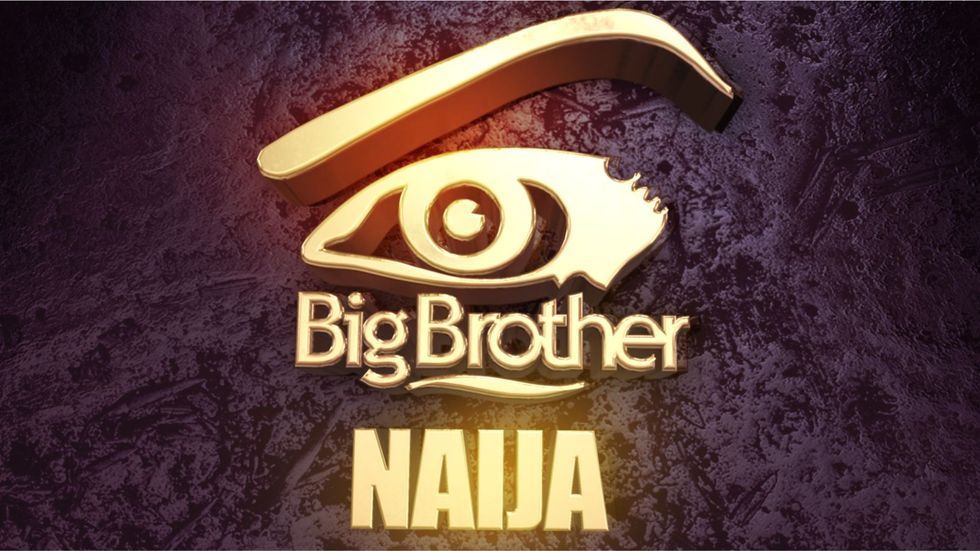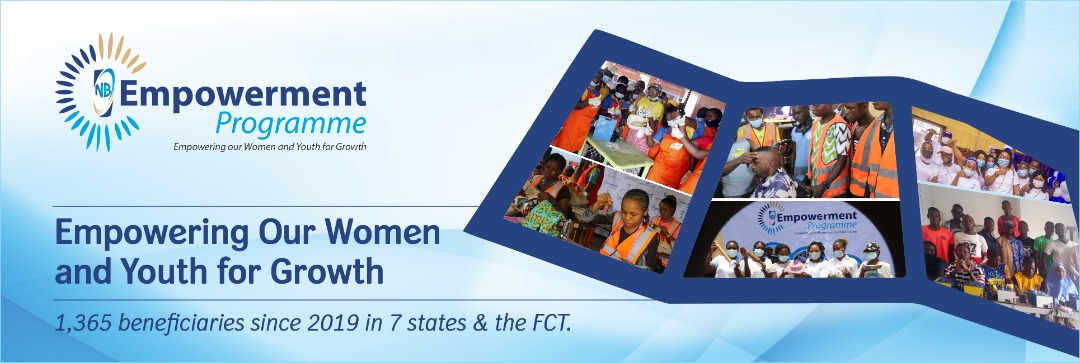By Marcus Ikechukwu
The Federal Executive Council meeting presided over by Vice President Yemi Osinbajo on Wednesday, deliberated on a national online policy to protect access of children to unwholesome information on the internet.
Isa Pantami, minister of communications and digital economy, who presented the memo, said it became necessary to protect the rights of children who access the internet to gather information.
The policy is code named: National Child Online Protection Policy and Strategy.
Pantami said: “as we all know, there are many benefits of going online. The world population reached 10 billion on the 15th November 2022.”
“Today, we have around 6.3 billion people online and by implication, among this number, you will discover many children. They will not be able to differentiate what is beneficial and what is harmful.”
He said official report provided by the International Telecommunication Union, especially during COVID-19 showed more than 1 billion children were online, most of them for their studies, because schools were shut down. So, they switch only to virtual learning.
Pantami noted that children may find it difficult to differentiate between what is beneficial or what is harmful.
His words, “Today without any solicitation, if you go online, you will discover that many things are coming into your device unsolicitedly. And if you are at least matured, you will be able to avoid but children would not be able to and that will definitely affect their innocence and will even affect them morally and otherwise.
“It is because of this that the International Telecommunication Union, which is an arm of the United Nations, came up with a policy document for all its member countries. 193 A Nigeria is part and parcel of the International Telecommunication Union. The document has been titled keeping children safe in the digital environment, the importance of our protection under empowerment.
“In this document, all member countries have been urged to ensure they come up with a policy where children are going to be protected.
“In the UK today they have a bill that is online safety. Many countries are working on a similar document. It is because of this, we organized stakeholder engagement, where we invited around 37 institutions of government, because if you look at the challenge, it is not only one sector, but rather it is multi sectoral issue, Minister of Information and culture, National Broadcasting Commission for example, National Orientation Agency, all of them have a role to play. Security institutions have a role to play. Ministry of Justice has a role to play when it comes to differentiating what is legal and what is illegal, what is fake and what is real information and culture has a role to play”.

















